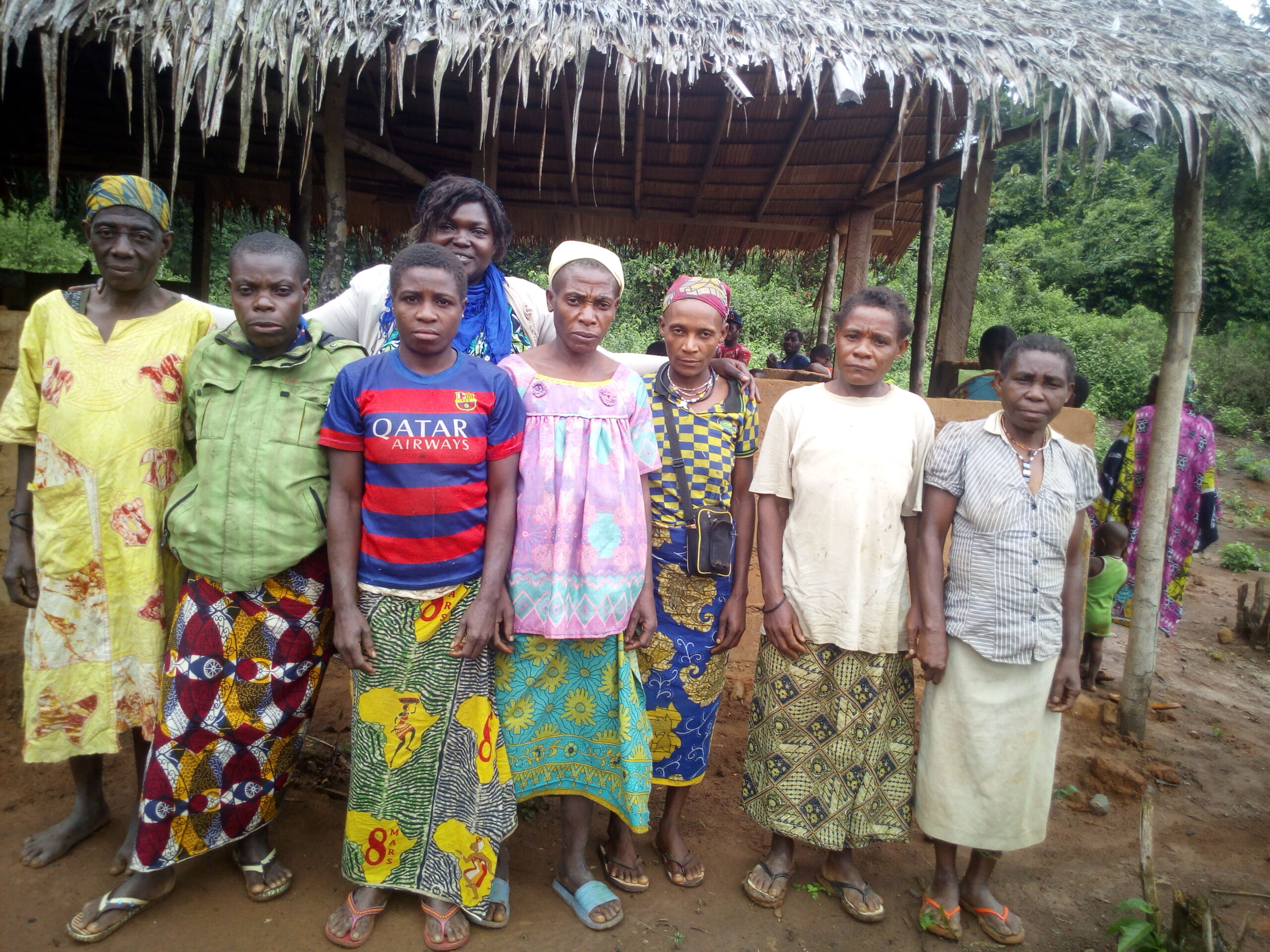This article is the first of two pieces about indigenous peoples in Cameroon, written by a staff member of Okani, one of our client organisations.
In Cameroon, when speaking about forest indigenous peoples, we refer to four different groups:
- Baka people live mostly in the Eastern and Southern regions of Cameroon.
- Bakola and Bagyeli people live in an area of about 12 000 square km in the South of the country, including the districts of Akom II, Bipindi, Kribi and Lolodorf.
- Lastly, the Bedzang people live in the Central regions, in the North-West of Mbam in the area of Ngambè Tikar.
All these groups have in common their attachment to their ancestral territories, the forest they know well and which they consider a common possession, that represents the basis of their existence. The challenges met by the indigenous peoples of the forests of Cameroon are numerous and diverse. Let’s see the key challenges that could damage their cultural identity and uniqueness:
1. Indigenous peoples don’t have access to land
for indigenous peoples, land refers to the forest and everything it represents for the survival of their cultural identity, the value of their cultural knowledge and the inter-generational transmission of their traditional knowledge. The article 26 of the United Nations Declaration for indigenous peoples states that «indigenous peoples have a right to the land, territory and resources they have traditionally owned, the right to use and value them; the States will grant legal recognition of these lands».
The precarious situation of indigenous peoples has been aggravated by the progressive disappearance of forest biodiversity due to industrial plantations, logging, other extraction activities and climate change. National parks and protected areas, which were also created following the progressive disappearance of biodiversity, have aggravated dispossession of land. The parks and protected areas created during the last decades coincide with lands traditionally occupied by indigenous peoples. These protected areas have been created without effective participation of indigenous peoples, who have not benefited from basic procedural guarantees when their property and related rights were effectively canceled by the state. This is the result of the continuous denial of indigenous peoples’right to own and control their territories.
2. The access to education, citizenship and health remains problematic
- Right to education and citizenship
The rights to education and citizenship are closely linked: a birth certificate is needed to register a child in public school, yet to obtain this documet, indigenous families often go through considerable trouble. Access to public services in general, including birth registry and education, is very difficult for indigenous families due to the cost of administrative procedures and to the long distances between the public service centres and the indigenous villages.
- Access to health
Access to health is always difficult for indigenous peoples. This is due to different causes, including the lack of financial resources, long distances between villages and health centres and the fear of being discriminated and even insulted when going to the health centres corresponding to their living area.
3. Access to drinking water and sanitation
Guaranteeing universal access to water and sanitation and a sustainable management of water resources is the sixth objective of sustainable development.
Indigenous peoples do not always have easy access to drinking water and sanitation, which explains the higher prevalence of some diseases in their communities.
4. Food autonomy is still a challenge for indigenous peoples
Eliminating hunger is the second objective of sustainable development. Several indigenous communities still suffer from hunger in Cameroon. Indigenous children tend to pay a high price for this situation and can still die from malnutrition.
In the next article, we will talk about the actions taken by Okani to tackle these issues.

